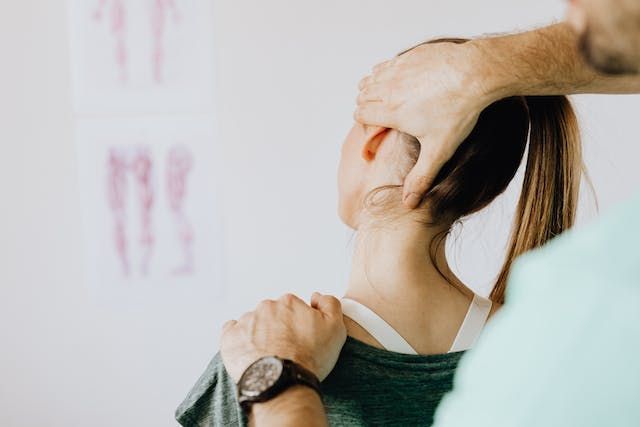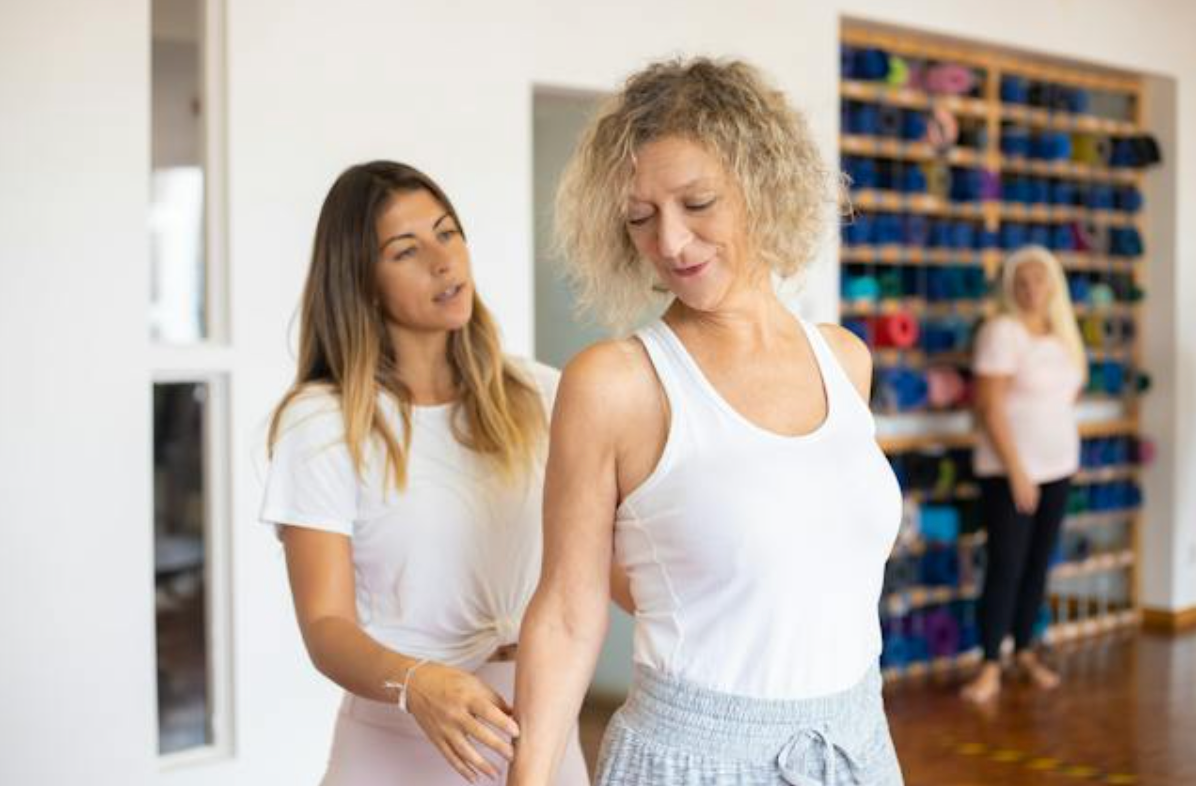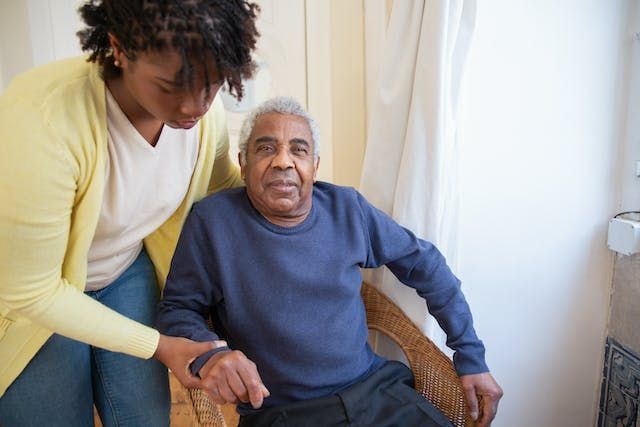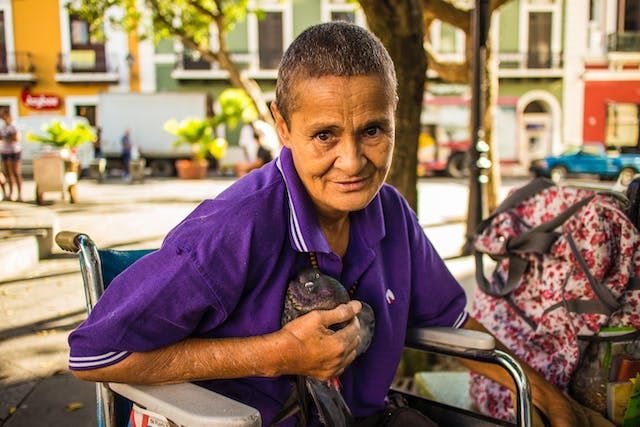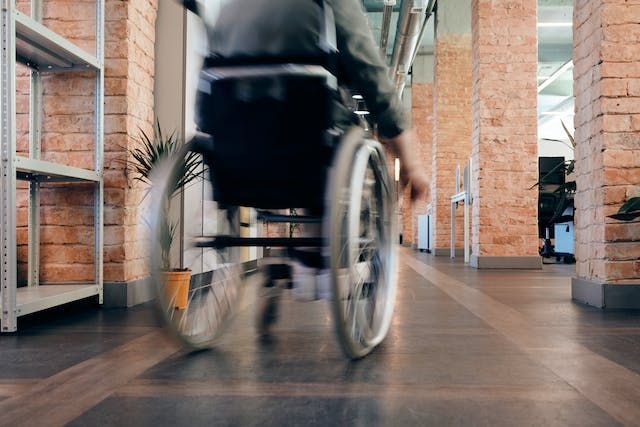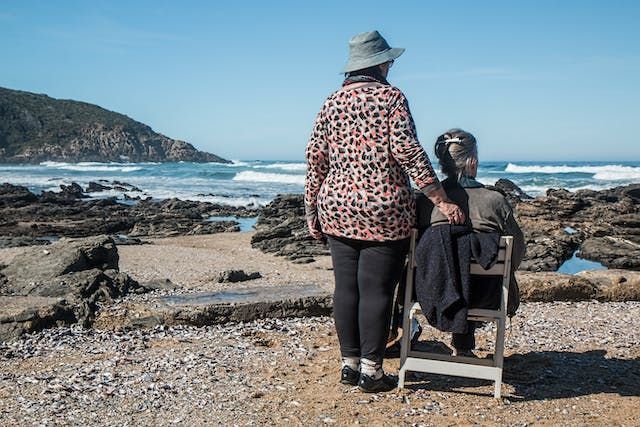8 Ways To Be An Ally To The Disability Community
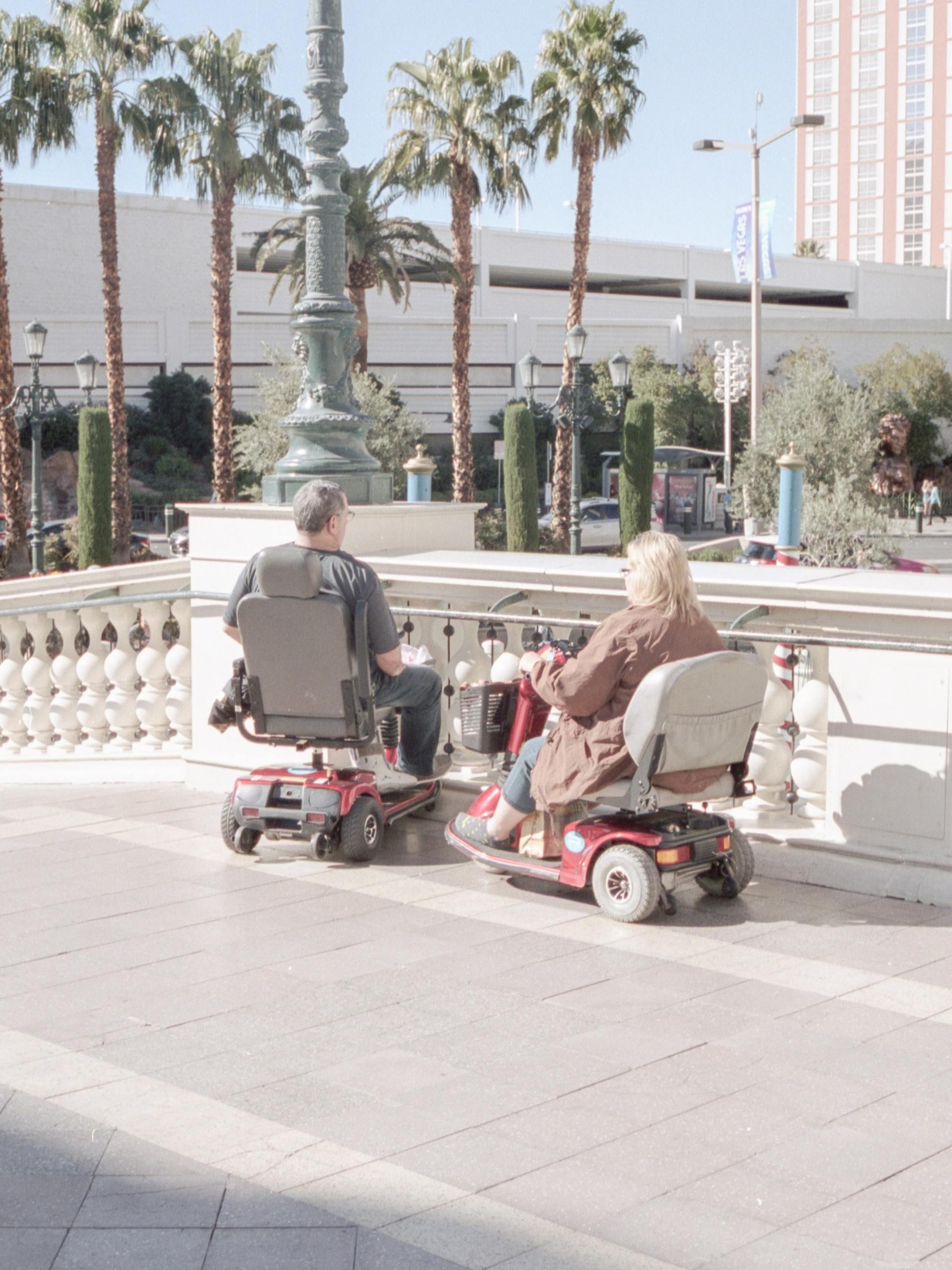
1. Educate yourself
Learn about different models of disability. Understand what ableism is and how to detect it. Discover the million reasons why accessibility matters. There are tons of resources out there from podcasts to books, documentaries to talks, social media and more. You can start with these: Haben Girma's memoir, the film Crip Camp, and Stella Young's TED Talk.
2. Respect individual experiences
Recognize that every person is different and there are a variety of ways disability is experienced. Listen to each story and understand that not everyone has the same views and preferences. For example, how people choose to identify themselves (identity-first vs. person-first).
3. Make your content accessible
Whether it's a website, blog, article, podcast, video or social media post, make sure what you're sharing online is accessible. You don't have to be a brand or "content creator" to do this. If you find content inaccessible, take the initiative to make it accessible. Accessibility is by everyone for everyone.
4. Consider accessibility in everything you do
From dining out to hosting events, make accessibility and inclusion a part of your life. Ask stores why they don't have a ramp or an elevator. Ask podcast creators why they don't provide transcripts. Ask your employer to create plans that include people with disabilities from design to delivery.
5. Hire and promote people with disabilities
Cast disabled actors for disabled roles. Invite advocates to speak at events and pay them to do so. Purchase from disabled-led brands and businesses.
Inclusion is not just about representation but also equity in opportunity.
6. Diversify your feed and amplify voices of people with disabilities
Follow disability advocates and influencers on social media. Read and engage with disabled content creators. Amplify their voices by sharing their work. Here are a couple of account you can start following: @jillianmercado, @chellaman, and @habengirma.
7. Advocate proactively
Be a part of the movement even if you don't have a disability. Speak up when you come across ableist actions, language, or behaviours. For example, if you encounter microaggressions or if something is inaccessible, speak up — amplify, correct, or confront the issue.
8. Show up imperfectly
Becoming a good ally is a process and a journey. Understand that you will make mistakes but know that it is better to be an imperfect ally, than nothing at all. Start by following these steps and come ready to learn and be corrected if you misstep.



